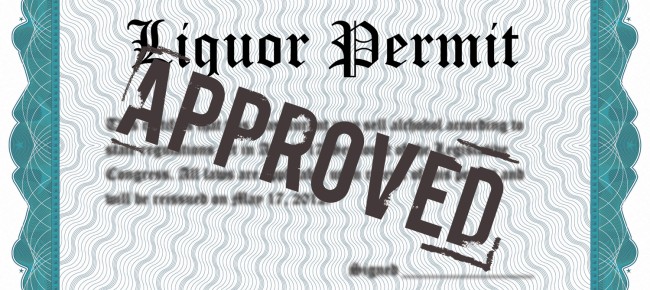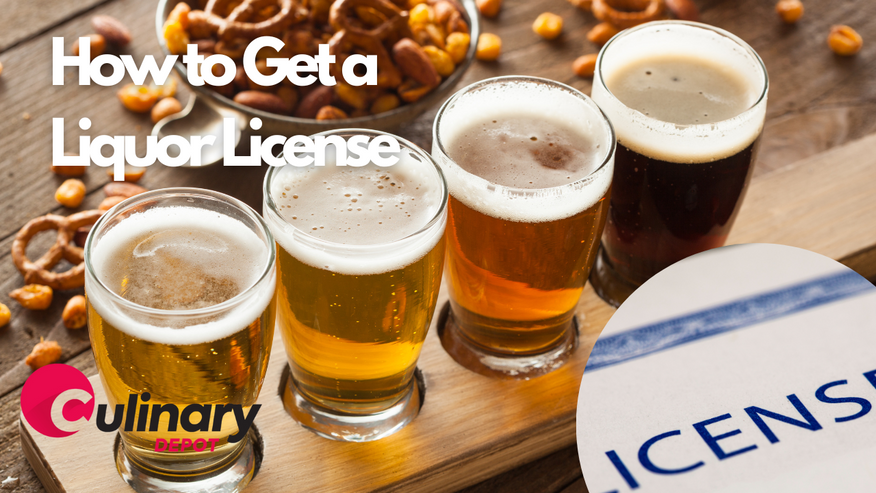Dec 14th 2018 - J. Vigotsky
How to Get a Liquor License
Despite the taxes that accompany it, liquor is extremely profitable. So it’s no wonder why there are so many bars and pubs scattered throughout the world. And although not all restaurants offer alcohol, there’s no shortage of those that do. But before any establishment can sell liquor, it needs to get a liquor license. This post covers the different types of liquor licenses and explains how to attain one.
How to Apply for the License
Fill out the application for your restaurant or bar's license once you've familiarized yourself with the regulations imposed by your municipality and state.
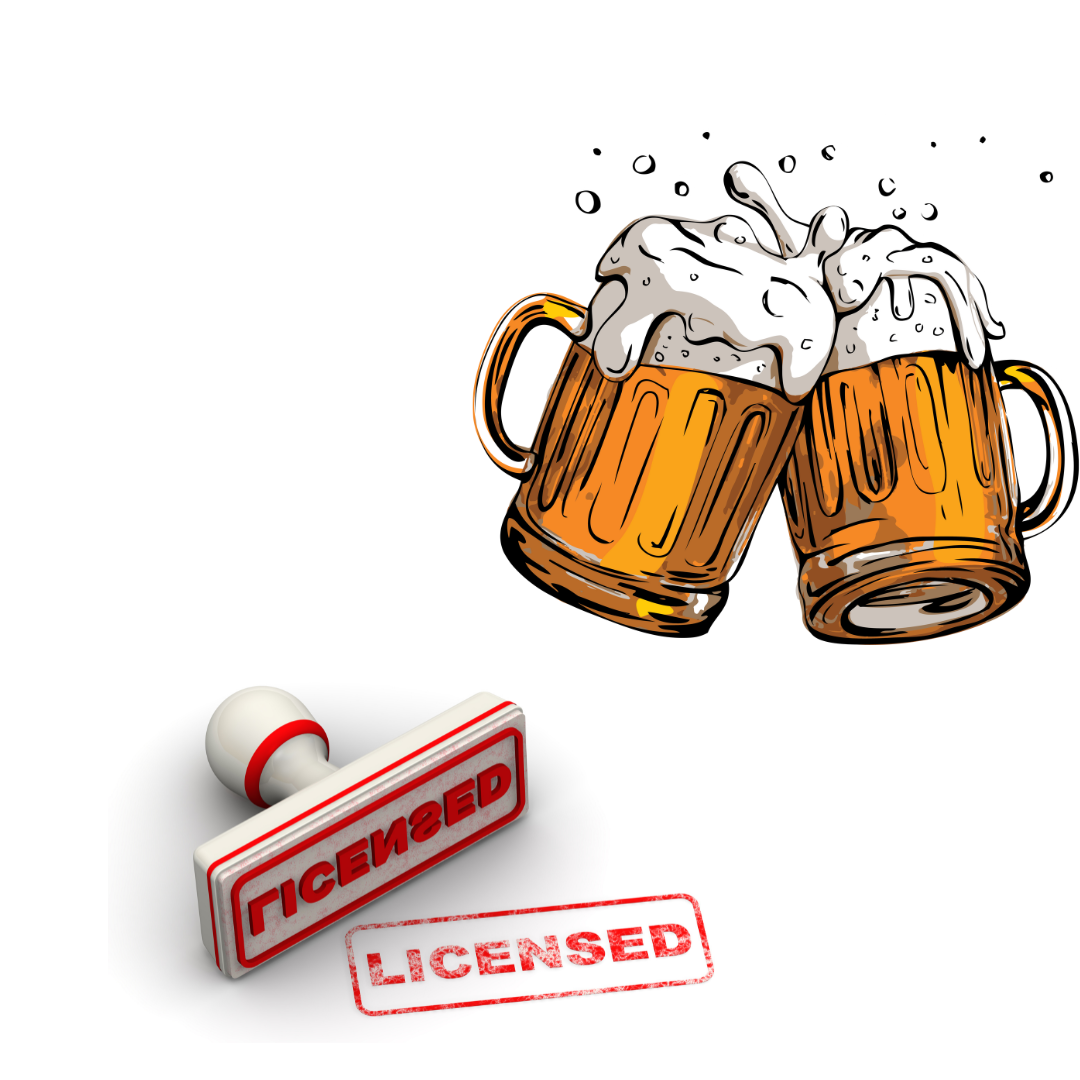
To begin the application process, interested parties should get in touch with their regional ABC office to obtain the necessary paperwork, complete it, and mail it in. Some states require applications to be filed with both the state and the local government. Start early because the average review period is much longer than 30 days.
In order to apply for a liquor license, you may need to give the following details, in addition to the usual biographical data:
- Certificate of incorporation.
- Employee Identification Number.
- A partnership agreement.
- Company constitution.
- A proposed food menu.
- Photos/drawings of the restaurant.
- A copy of the certificate for the title of the premises.
You might not be able to get a liquor license from the government if they've already reached their limit. You can try to buy a license from someone else, such as a former business owner that has recently shut down. The cost of obtaining a liquor license might vary anywhere from $12,000 to $400,000.
What is a Liquor License?
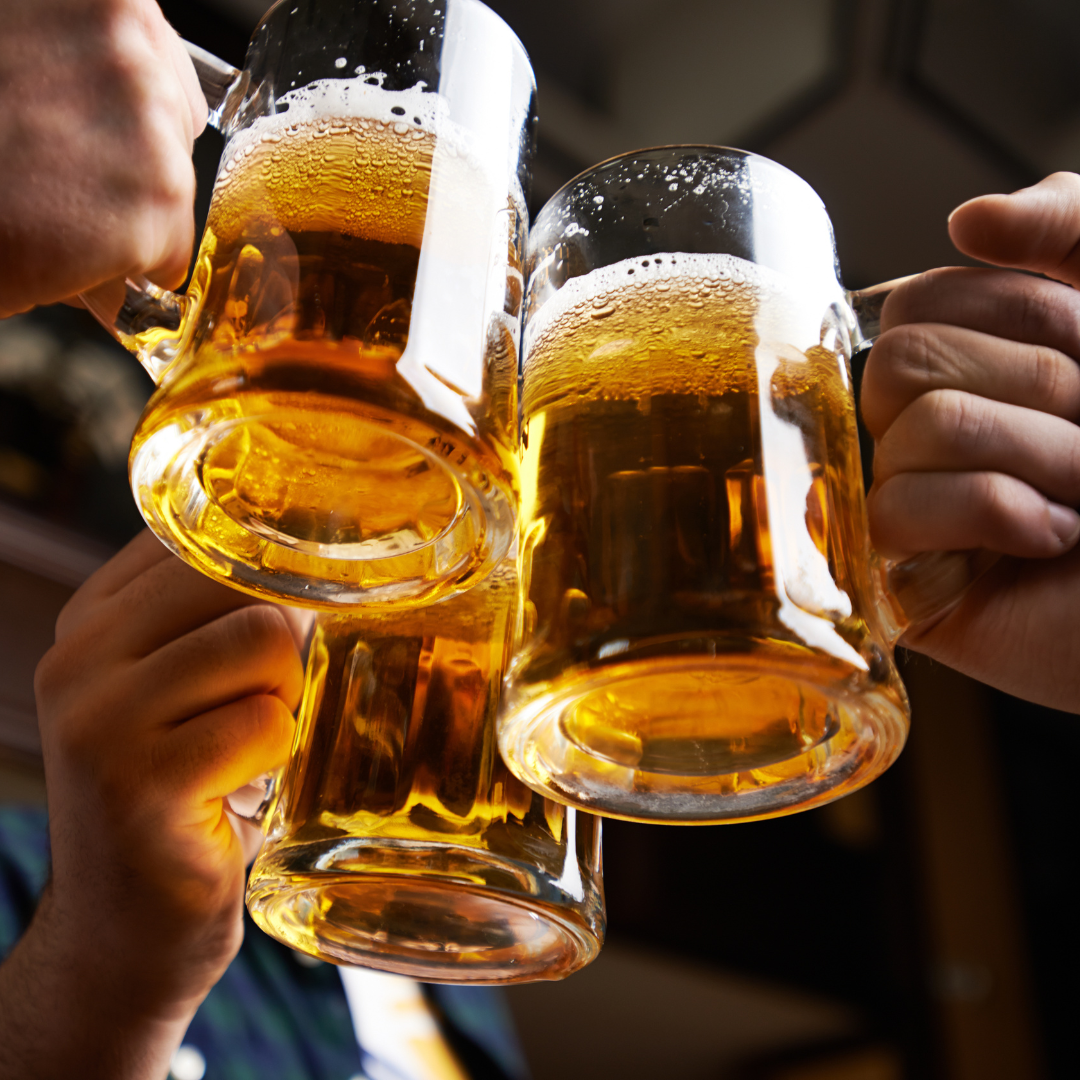
If you want to sell alcohol at your business, you need a liquor license, which is provided by the state. It's possible that some states have more relaxed alcohol restrictions than others. Some states, like Oregon, strictly control their citizens' access to and use of alcoholic beverages.
State laws typically restrict the number of alcoholic beverages that can be sold to an individual and often mandate that unfinished bottles remain in the establishment.
Learn the alcohol laws in your state
As was previously said, liquor licensing requirements vary by state. The distribution and sale of alcoholic beverages are governed by separate ABC agencies in each state. Get in touch with your state's ABC office to learn more about the requirements for obtaining a liquor license and the rules governing its enforcement.
There are restrictions on the number of bars and restaurants that can sell alcohol at any given time in some states. If the limit is reached, getting a license quickly may be challenging.
On-license vs. Off-license
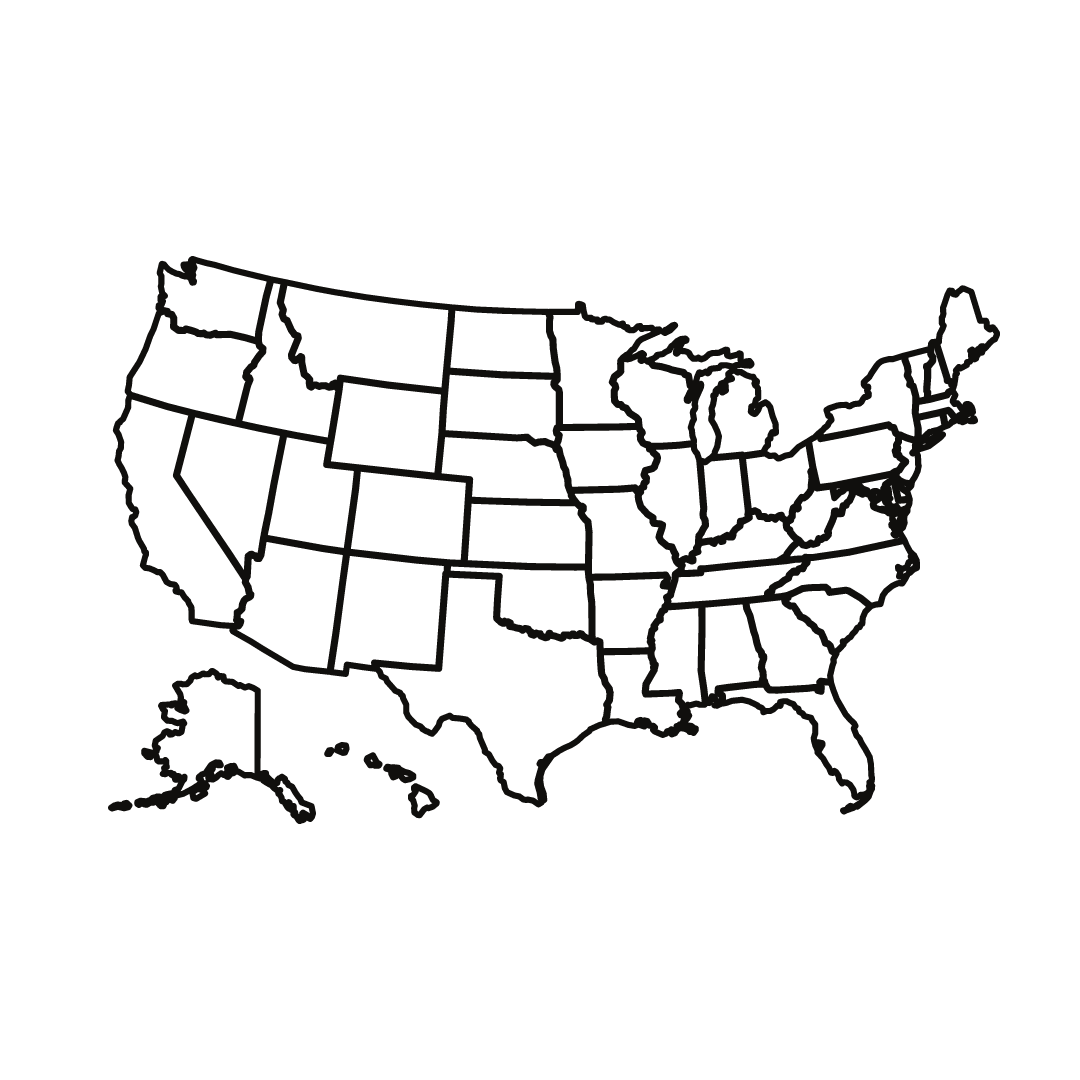
There are two sorts of alcohol sales permits available: on-license and off-license. Liquor stores, for example, need off-sale permits to sell alcohol to be drunk elsewhere, while establishments like bars and restaurants selling alcohol for consumption on-site need on-sale licenses.
So, if you own a bar or restaurant where patrons will be drinking alcohol on the premises, you must obtain an on-license liquor license.
Each State is Different
States all have their own rules and regulations regarding the sale of alcohol. For instance, some states limit the amount of places that can sell liquor. To better understand your own state’s laws, get in touch with your local Alcohol Beverage Control (ABC) agency.
Different Types of Liquor Licenses
Most states offer three different kinds of liquor licenses.
-A tavern license is for businesses that make most of their revenue by selling alcohol. Bars, pubs, and clubs fall into this category.
-A beer and wine license is for establishments that sell beer and wine but not liquor. It is usually reserved for locales that want to complement their food offerings.
-A restaurant license allows any alcohol to be sold but limits the revenue you can make from the sale of alcohol. The limit is usually a revenue percentage rather than a gross amount. So the more money you bring in from food and other sources, the more you’ll be able to earn from alcohol.
Find a full line of Bar Refrigerators at Culinary Depot.
On-License or Off-License
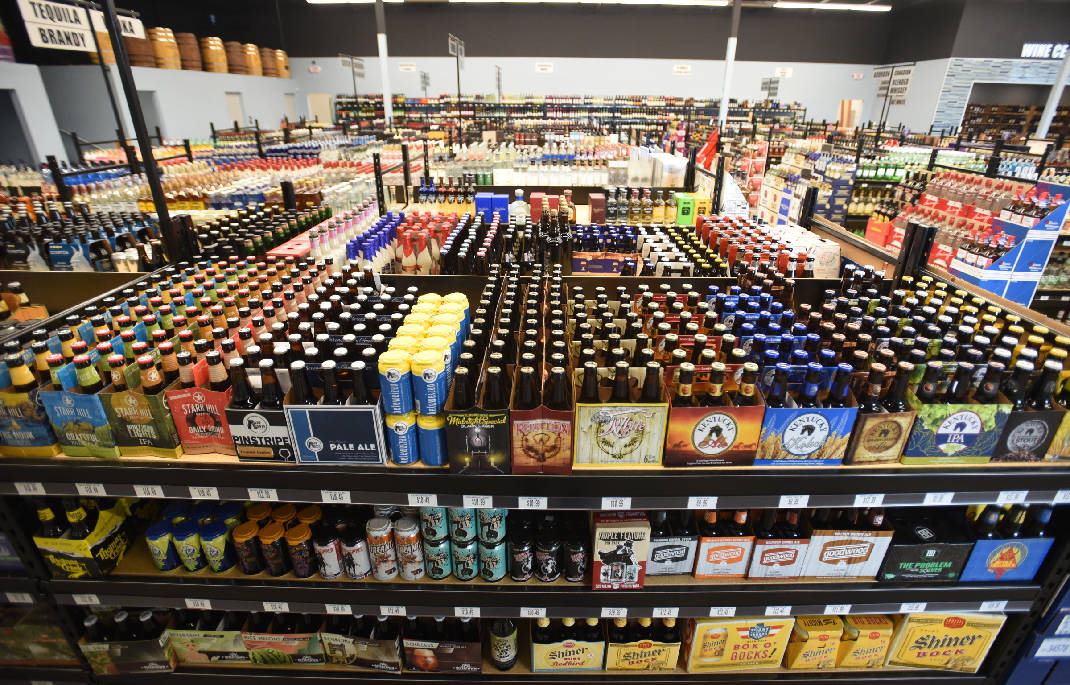
An on-license is required if you’re serving alcohol that’s consumed on your premises. Restaurants, bars, and pubs fall under this category.
Off-licenses are for places selling alcohol that will be consumed away from the establishment. So liquor stores, convenience stores, and supermarkets fall under this category. Micropubs that offer growlers and cans that can be taken home will require off-licenses in addition to a standard on-licenses.
Applying For a Liquor License
Once you know what type of license you need and understand your local laws, applying for a liquor license is easy. Simply get the proper forms from your local ABC agency, complete them, and submit them for review. Personal information along with your food menu, restaurant drawings, and other relevant information are usually required by the agency. Since the time to review the application often exceeds a month, be sure to submit your forms early.
If your surrounding area has already met its local liquor license quota, you likely will not be able to get a license from the government. However, you can still buy a license from another local business. Just be aware that buying a license this way will likely cost significantly more.
Once You've Secured Your License
Be sure to come back and browse our website for all the glassware, bartending supplies , and bar refrigeration you'll ever need.
